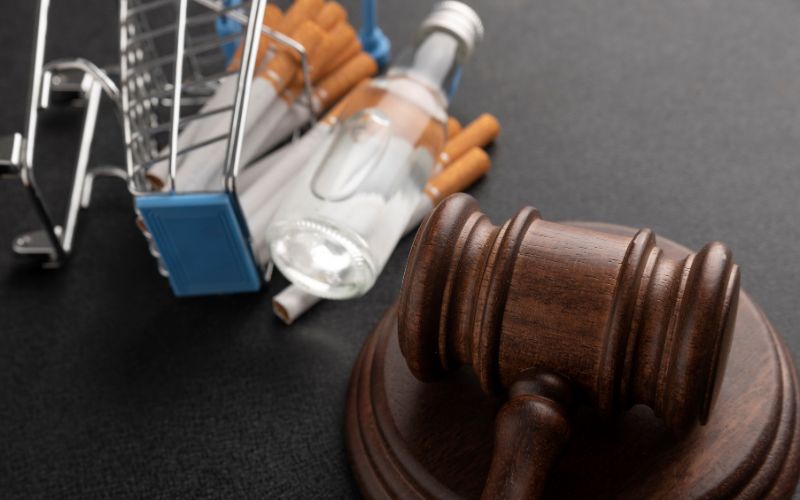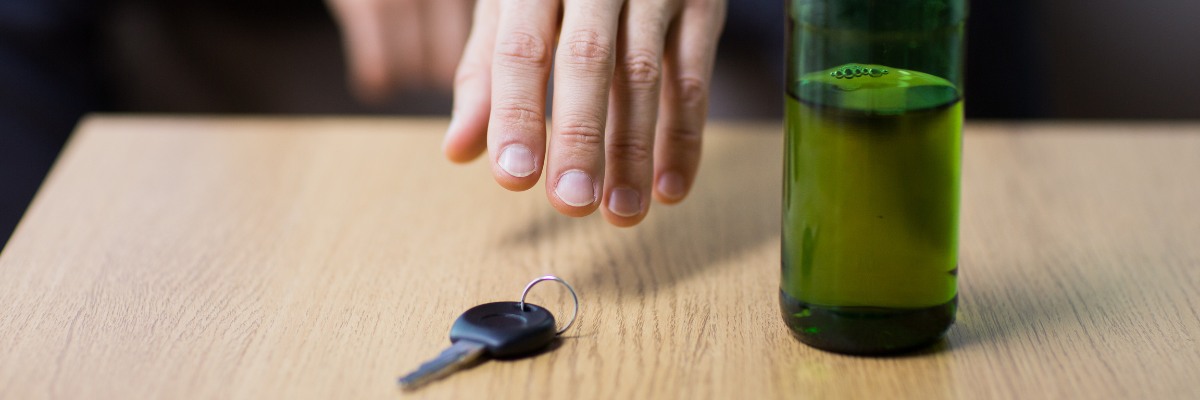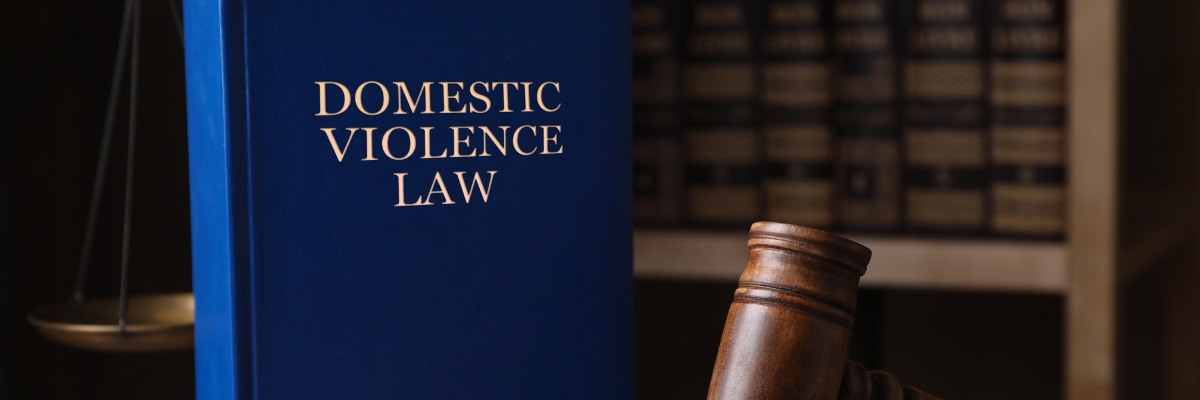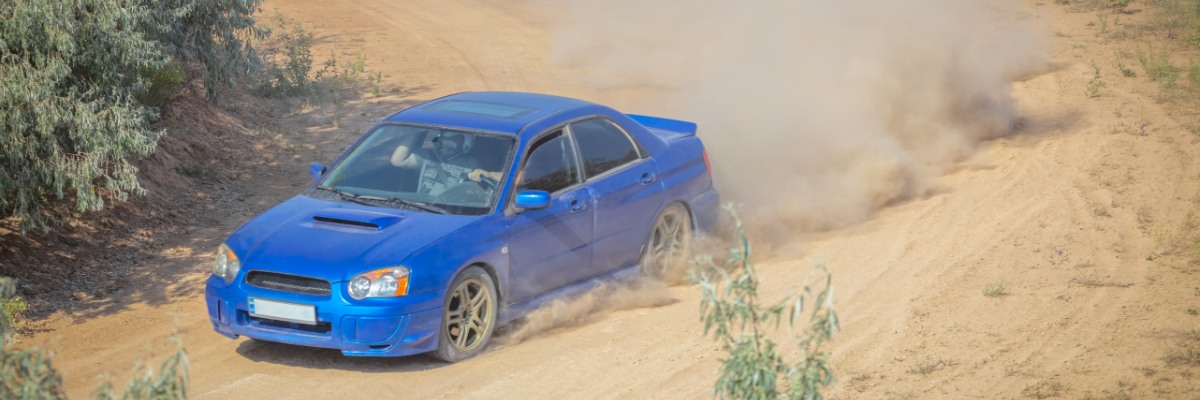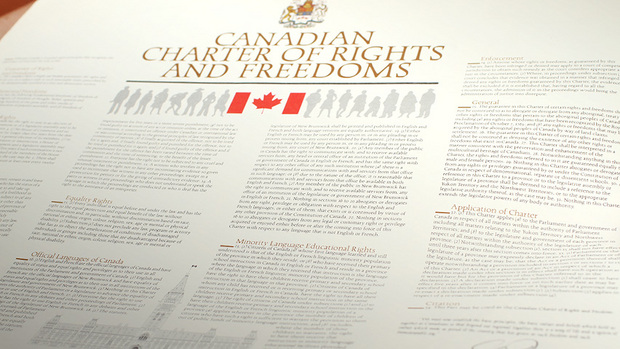When can the Police Demand a Roadside Breath Test?
The simple answer is that a police officer only needs to form a reasonable suspicion that you have recently consumed alcohol to demand that you provide a breath sample. The specific section of the Criminal Code of Canada that deals with providing a breath sample is section 254.
Pursuant to section 254(2)(b) of the Criminal Code of Canada;
If a peace officer has reasonable grounds to suspect that a person has alcohol or a drug in their body and that the person has, within the preceding 3 hours, operated a motor vehicle … the peace officer may, by demand, require the person …
(b) to provide forthwith a sample of breath that, in the peace officer’s opinion, will enable a proper analysis to be made by means of an approved screening device and, if necessary, to accompany the peace officer for that purpose.
What is Proof of Reasonable Suspicion?
Reasonable suspicion is usually formed by the police officer’s own personal knowledge and observations of the person whom he or she is requesting to provide a roadside breath test. However, reasonable suspicion can also be achieved through the observations of independent witnesses. For example, some citizens will call the police where they observe a person operating a motor vehicle erratically or whom they believe to be impaired.
In circumstances where knowledge or observations of drinking and driving is not directly observed by the police officer but rather is communicated by an independent witness, the police officer will usually independently investigate and verify the reasonable grounds for suspicion which were conveyed to the officer. However, an independent investigation and verification are not always required, so long as the police officer subjectively believes the grounds for reasonable suspicion conveyed to him or her by the independent witness.
A police officer does not need to have reasonable suspicion that you are over the permitted legal limit of alcohol, and therefore that you have been operating a motor vehicle while impaired. The test is merely that the police officer has reasonable suspicion that you have consumed any alcohol within the preceding 3 hours.
Examples of Reasonable Suspicion
An example of reasonable suspicion is when a police officer smells alcohol on you. Whether a police officer has stopped you during a routine traffic stop or you are going through a R.I.D.E. program, if the police officer smells alcohol on you personally, he or she may request that you provide a roadside breath test.
If you have been observed driving erratically by a police officer or a third party, a police officer may request that you provide a roadside breath test.
If you are observed leaving a restaurant/bar and entering your vehicle, a police officer may request that you provide a roadside breath test. It is not uncommon for police officers to be stationed in parking lots at particular times of the day observing individuals exiting a restaurant or bar. This can be a common occurrence where there are several restaurants or bars located within a particular parking lot.
If open alcohol or empty alcohol bottles are observed in your vehicle during a routine traffic stop, a police officer may request you provide a roadside breath test.
Providing a Sample Forthwith
One of the necessary elements for a valid demand for a roadside breath test is that a breath sample be able to be provided forthwith. Forthwith has been defined as ‘immediate or without delay’. If a police officer makes a demand for a breath sample and does not have access to an approved screening device within a reasonably short period of time, then the demand for the sample is invalid. While the officer who makes the demand does not have to be in possession of an approved screening device, the device must be made available by another officer within a relatively short period of time. There is no set period of time in which a sample must be provided once a demand has been made. Each case will be decided on its own set of facts. However in circumstances where the time between the demand and when a sample is taken is more than 30 minutes, then it is more likely that the demand will be invalid.
Contact Me
The implications for a conviction for refusing to provide a sample can be as bad as the implications for impaired driving. There may be one or more defences available to you if you have been charged with refusing to provide a sample.
Contact me today if you have been charged with refusing to provide a sample.
You can also read my article on the personal and financial consequences of impaired driving.


